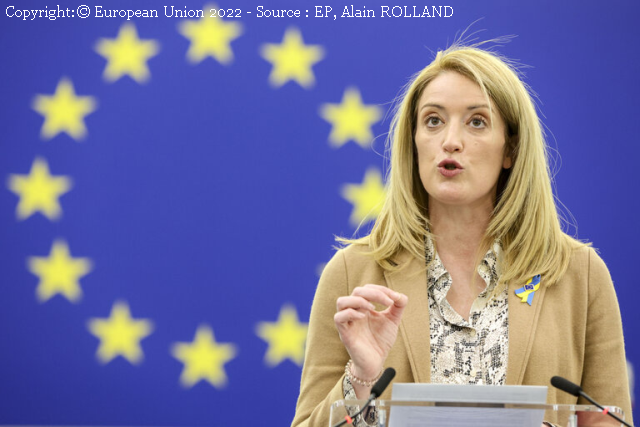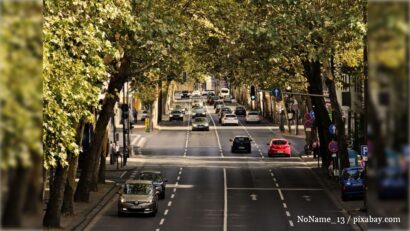Romania and the Schengen zone
In her statement on Schengen, the European Parliament president says that Europe should not let the impression that some countries are second-class

Corina Cristea, 28.09.2023, 14:00
Invoking an insufficient
control over the migrant inflows, Austria and the Netherlands had again blown
Romania and Bulgaria’s hopes to join Schengen with a negative vote on a
positive decision in the Justice and Home Affairs Council last December. Only
Vienna opposed Romania’s accession to Europe’s border-free area, as the country
needed unanimity in order to join.
Furthermore, Bucharest and Sofia are in tandem
in this accession process and the idea of decoupling is out of the question. In
spite of the actions taken in both countries since the JHA Council in December,
few things have changed. The Netherlands has started giving diplomatic signals
that it might give up its vetoing Bulgaria, but Austria is maintaining its
position, at least at a declarative level. It has even rejected the latest
appeal by the head of the community Executive, Ursula von der Leyen, who in her
annual state of the European Union address called on Austria to allow Romania
and Bulgaria’s Schengen accession without delay.
Romania expects and
deserves a positive decision during the Spanish presidency of the EU Council on
the Schengen enlargement, the president of the European Legislature told in an
interview to European Newsroom. Roberta Metsola has voiced optimism regarding
the two countries’ Schengen accession. Not only are you waiting for this
decision but you also deserve it since 2011. So I believe, we will succeed in
finding a solution. We have high expectations from this presidency of the EU Council
to try to work with the Austrian colleagues and others if there are other
countries where questions still exist and I believe these questions can receive
their answers, Metsola went on to say. In an interview to a private TV channel
in Romania, the European Parliament President said that Europe must not let the
impression that some countries are second class.
Measures must be taken to guarantee a united
Europe, in which Romania and Bulgaria are no longer at the gates of Schengen,
in which extremism is not allowed to grow and in which democratic values are
defended against Russia.
The excessive delays of
the decision regarding Romania and Bulgaria’s accession to Europe’s border-free
area are a double prejudice for the two countries, a limitation of the right to
free movement and additional costs for their economies, the European official
says. Although the accession criteria
have been met for over 12 years, Romanians and Bulgarians still have to waste
time with border checking while the economic losses incurred are significant.
According to Romania’s Transport Minister, Sorin Grindeanu, keeping Romania
outside Schengen involves economic losses of up to 2% of the GDP and the government
in Bucharest intends to call for compensations.
(bill)






























